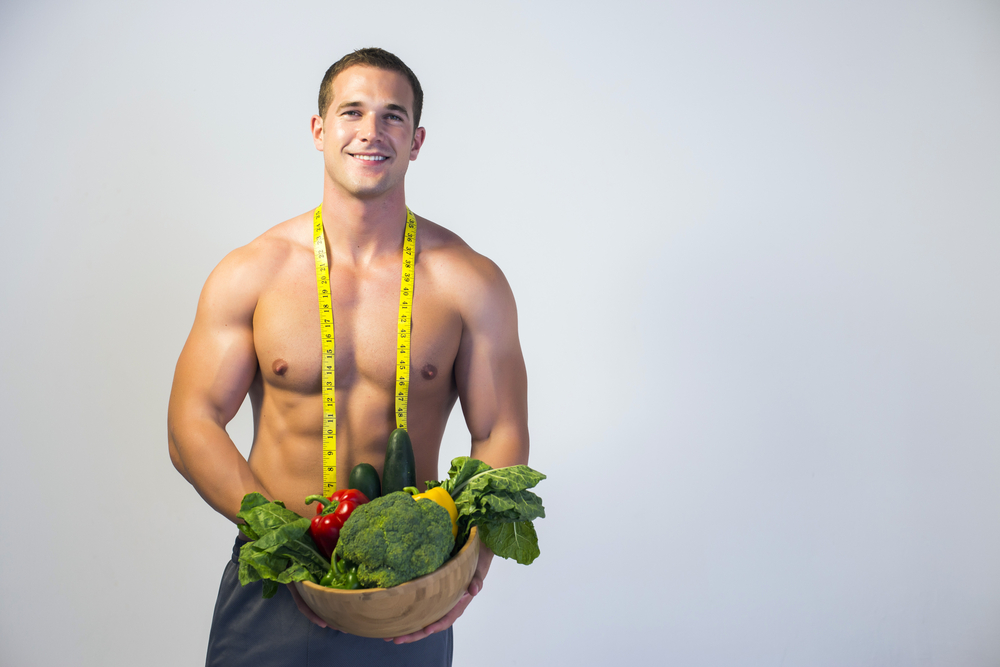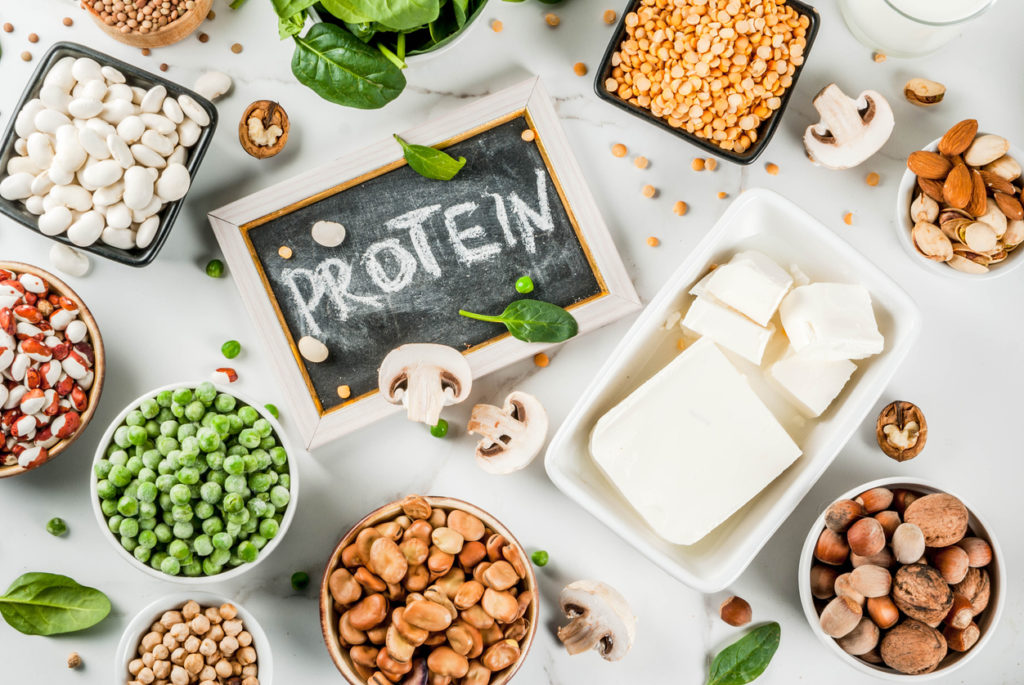Physical strength is often associated with eating meat. Yet it is entirely possible to build muscle while being vegetarian. You just need to follow a strict diet.
What does it mean to be a vegetarian?
There are several variations of vegetarians:
- Vegetarians: who eat eggs and dairy products, but do not eat meat and fish.
Is it possible to be a vegetarian and a sportsman at the same time?
In an imaginary way, vegetarians have the image of people who are pale and anaemic and who don't do sports apart from yoga or Tai Chi perhaps. The idea that vegetarianism and sport cannot go together is false.
Many athletes are vegetarians and have won many victories like:
- Nimai Delgo: a vegan bodybuilder and IFBB pro. He never ate meat as he grew up in a Handou vegetarian family. Until he was 28 years old, he was always a vegetarian. For the last 3 years he has been vegan, which means that he no longer eats fish, eggs or dairy products. Nevertheless, he is a successful bodybuilder weighing 79kg and he participates in IFBB competitions. This proves that it is possible to build muscle without consuming meat and dairy proteins. While he chose to go vegan partly for ethical reasons, he has also found that eating only plant-based foods has improved his overall health and fitness. He said that since going vegan, he no longer suffers from inflammation and muscle soreness.
- Carl Lewis: He is one of the best known vegetarian athletes. He is a former sprinter and jumper who had 10 Olympic medals and 10 World Championship medals in athletics, and other incredible achievements. In 1990, he adopted a vegan diet. He has said that part of his sporting success is due to the fact that he is vegan. He is currently contributing to some books on veganism.
- Surya Bonaly: she is a vegan sportswoman who has won the French championship ten times in solo and in pairs. She has won 16 medals, including 10 gold in the Grand Prix. She is a vegetarian because she is concerned about animal rights. She is against animal exploitation and has even posed for two PETA advertising campaigns, against fur and the hunting of baby seals.
In this case, it is quite possible to be a vegetarian and at the same time a sportsman. You just need to eat a well-balanced and varied diet in order to have the necessary intake to reach your goals.
- Scott Jurek: he is an ultra-marathoner who is an American trail and ultra-distance champion. He has been a vegetarian since 1997 and vegan since 1999. Thanks to his diet, he was able to obtain an exceptional physique capable of holding out over very long distances. He won the Spartathlon, the 246 km race between Athens and Sparta, three times in a row. He also won the Western States Endurance Run, a 161km course in California's Sierra Nevada.
How to replace meat and fish?
Although it's easy to get protein from dairy and eggs, lacto-ovo vegetarians don't eat them all the time or at every meal.
So here are some lists to vary your meals to get the nutrition your body needs, without eating animal products.
- Oleaginous + cereals(absence of 2 sulphur PPAs)
- Cereals and/or legumes + seaweed(presence of all 8 PPAs)
- Cereals (limiting PPA: lysine) + legumes (limiting PPA: sulfur-containing PPA, but rich in lysine)
- Cereals and/or oilseeds + soybeans(presence of all 8 PPAs)
- Lysine-rich vegetables (peas, cabbage, mushrooms, green beans. . . ) + grains.
It is also possible for sportsmen to take vegetable food supplements, taking care not to overdo it as this can be counterproductive.
What are the precautions for vegetarian athletes?
- Vary and balance your meals. Don't forget to eat foods that provide proteins, carbohydrates and fats as these are essential for the body to function well. It is also necessary for good performance.
- Don't skip meals, as muscles can suffer.
- Think about eating between 30-40g of protein during each meal. It is also ideal to have a small protein snack preferably after training.
- Eat foods rich in simple carbohydrates and sugars in moderation. Eat whole grains with low blood sugar levels.
- An annual vitamin D, iron, calcium, and zinc assessment should be done to determine if supplements are needed.
To conclude
In conclusion, it is entirely possible to follow a vegetarian diet and achieve your sporting goals. Vegetarianism is a choice and you just have to accept the fact that you are not eating meat and fish anymore. You just have to listen to your body to find out what you need.


